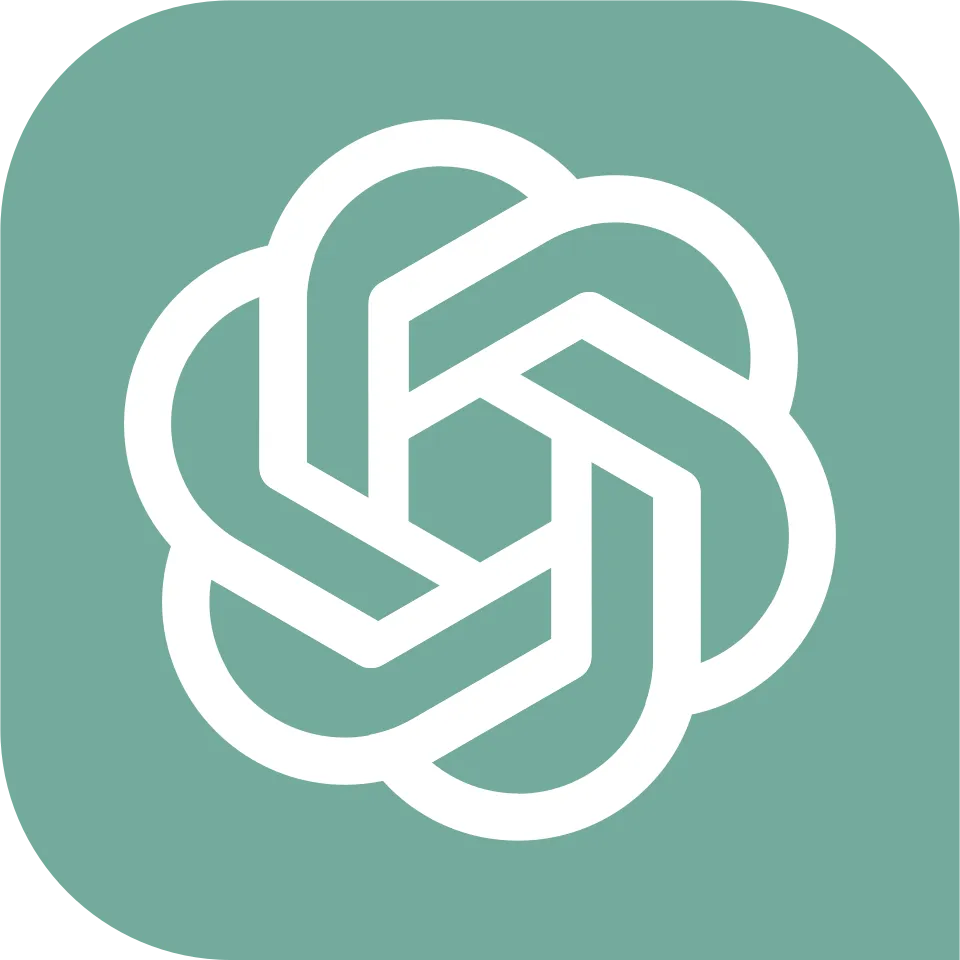TABLE OF CONTENTS
Sunset Flow Email Strategy for Better KPIs
How to Create a Klaviyo Sunset Flow
- Build your “Sunset” segment
- Create the Sunset Flow
- Add the emails and timing
- Tag and suppress unengaged profiles
Sunset Flow Best Practices in 2025
Build your segment based on genuine engagement
Avoid using big discounts to “save” subscribers
Measuring the Success of Your Sunset Flow
Email #1: Still Want Our Emails?
Email #2: Here’s Something You May Have Missed
How do you deal with inactive subscribers? Do you try to re-engage them by improving your deliverability? Or do you simply suppress them by cleaning your list?
The truth is that inactive subscribers (people who haven’t opened, clicked, or interacted with your brand in months) can quietly hurt your KPIs. They can damage your sender reputation and make your campaigns perform worse every time you send an email.
Luckily, a Sunset Flow in Klaviyo can fix this problem. It helps you re-engage people who still want your emails, and automatically removes those who don’t.
In this guide, we’ll break down exactly how to build and optimize a sunset flow. You’ll learn what a sunset flow is, why it matters, and how to set it up using Klaviyo’s recommended criteria.
Let’s get right in.
What Is a Sunset Flow?
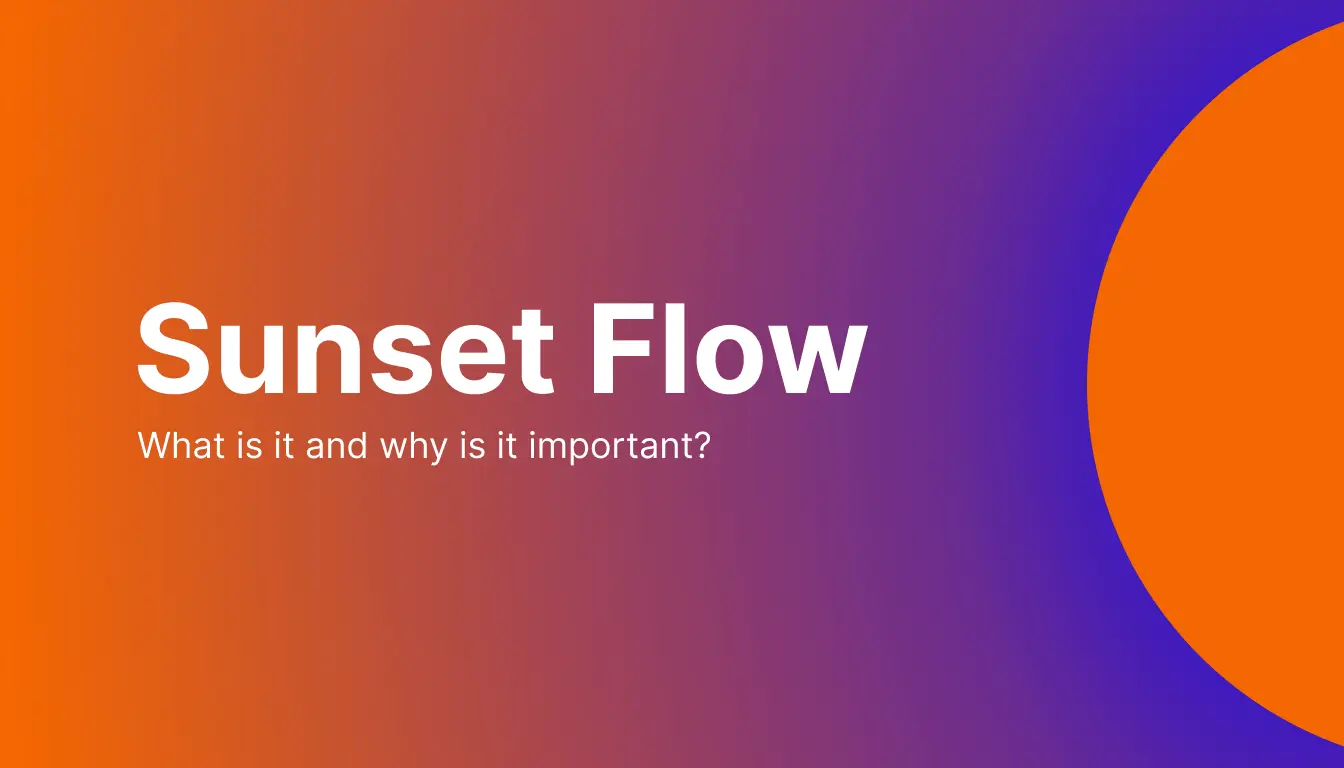
A Sunset Flow in Klaviyo is an automated email sequence designed to target subscribers who haven’t engaged with your emails for a certain period, usually 60, 90, or 120 days. These people are considered “unengaged” or “cold” because they are no longer opening, clicking, or interacting with your messages.
The purpose of the flow is simple: To give these subscribers one final opportunity to stay engaged before removing them from your list.
A sunset flow usually contains:
- A reminder email asking if they still want your content
- A value-based or incentive email to re-engage them
- A final removal notice for anyone who does not interact
Once the sequence is complete, any subscriber who still shows no engagement is automatically suppressed.
This process protects your deliverability because inbox providers track your engagement patterns. When too many of your emails go unopened, your messages are more likely to land in Promotions, Junk, or worse, Spam.
A sunset flow ensures only people who really want your content remain on your email list. This lifts your Open Rates, Click-Through Rates (CTR), Conversion Rates, and overall performance.
Sunset Flow Email Strategy for Better KPIs
The main goal of a Klaviyo Sunset Flow is to improve your KPIs by removing the subscribers who don’t engage.
Keeping inactive contacts can weaken your sender reputation over time. Inbox providers like Gmail monitor how many people interact with your emails. And when your engagement drops, your deliverability drops with it.
A sunset flow reverses that decline by increasing the proportion of active subscribers who open and click. This leads to better inbox placement and more consistent revenue.
A good sunset flow email strategy includes:
- Clear triggers: Usually 60–120 days of inactivity
- A gentle reminder: Confirm whether they still want your emails
- A strong incentive: Give them a reason to come back
- A final notice: Tell them they will be removed
- Automatic suppression: Clean your list without manual work
This structure is firm but friendly. It respects your subscribers’ inboxes while safeguarding your brand’s reputation.
How to Create a Klaviyo Sunset Flow
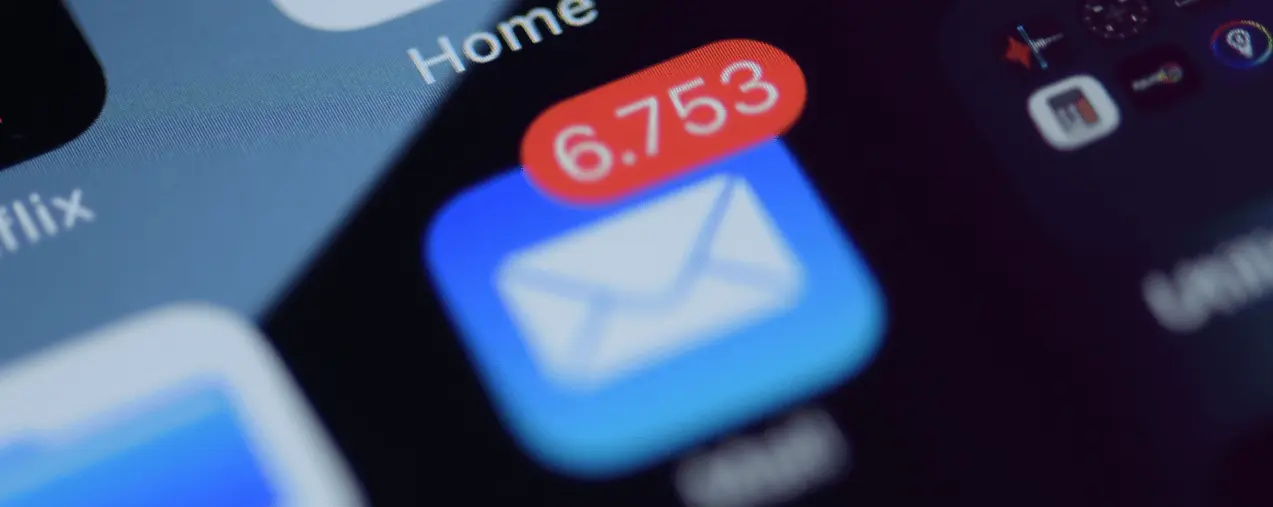
1. Build your “Sunset” segment
Before you start the flow, you need a segment that captures the right group of people — i.e., those who are no longer engaging.
Here’s how to create it:
- In Klaviyo, go to Lists & Segments → Create Segment.
- Use a definition such as:
- “Person can receive email marketing” is true
- Created is at least X days ago (e.g., 180 days)
- Received Email at least a certain number (e.g., 5) in the last Y weeks (e.g., 72 weeks)
- Opened Email = 0 times over all time
- Clicked Email = 0 times over all time
- Active on Site = 0 times over all time
- Viewed Product = 0, Checkout Started = 0, Placed Order = 0 (optional, if you track these)
- Name this segment something clear, like “Sunset – Unengaged”
This segment ensures your flow only targets people who haven’t engaged
2. Create the Sunset Flow
Once your segment is ready, you build the actual flow that triggers when someone enters it:
- In Klaviyo, go to Flows → Create Flow
- Option A: Use Klaviyo’s pre-built “Sunset Unengaged Subscribers” flow:
- Search for “sunset” in the library, select it
- Set the trigger for your new segment
- Option B: Build from scratch:
- Select Create from Scratch
- Name the flow (e.g., “Sunset Flow – Unengaged”)
- Set the trigger: Segment is added → choose your “Sunset – Unengaged” segment
Add flow filters to exclude anyone who opens or clicks an email at any point in the flow. That means if someone does engage during the flow, they automatically exit and are not suppressed
3. Add the emails and timing
You should use a simple sequence (2-3 emails) with delays in between:
- Email 1: Sent immediately when someone enters the flow. Ask, “Still want our emails?”
- (Delay) e.g., 3 days later
- Email 2: Offer something of value or remind them of your best product
- (Delay) e.g., 3–5 days
- Email 3: Final notice: “If we don’t hear from you, we’ll unsubscribe you”
In Klaviyo, you can drag a “Delay” action between emails. Then, after the last email, add a “Grace period” delay (e.g., 3 days) to allow someone to still click or open.
4. Tag and suppress unengaged profiles
After the last email and delay, you set an action to mark profiles as “Unengaged” and suppress them. You can do this by:
- Adding an “Update Profile Property” action. Create a new property: e.g., Unengaged = True for those who reach this point
- Then create a segment to capture profiles where Unengaged = True
Use Lists & Segments → Action → Suppress current members to suppress them from future campaigns.
For more information on how to create a Klaviyo sunset flow, click here.
Sunset Flow Best Practices in 2025
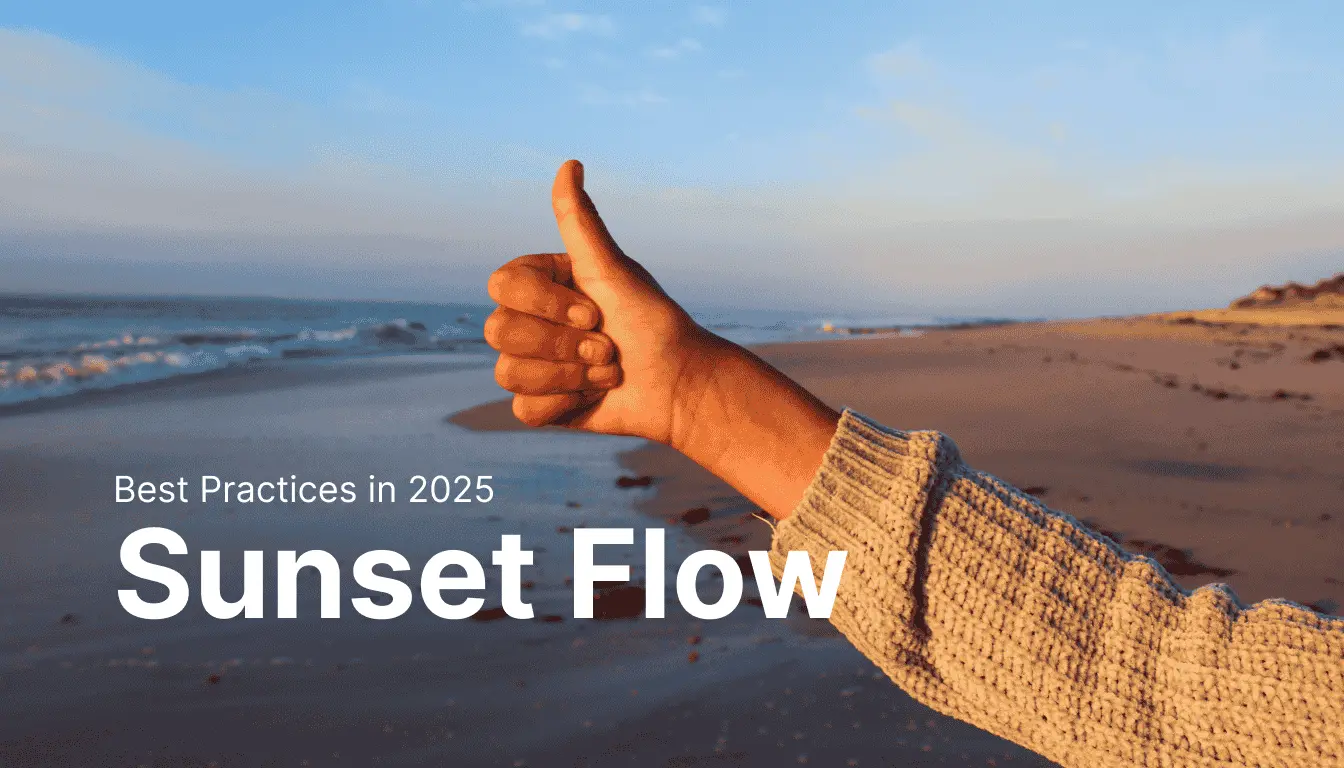
Due to the increase in AI misuse and scam emails, email platforms like Gmail and Yahoo have implemented stricter policies, so the way you manage inactive subscribers has a direct impact on whether your messages land in the inbox or the spam folder.
Below are the best practices every brand should follow in 2025. Each one is simple, practical, and easy to apply.
Build your segment based on genuine engagement
Don’t rely only on time-based inactivity (e.g., “did not open in 60 days”). Use behavior to get a clearer picture.
Some examples of good engagement criteria include:
- Has not opened any email in 60–120 days
- Has not clicked in the same time frame
- Is currently subscribed to marketing
- Has not purchased within your normal buying cycle
This prevents you from mistakenly treating an active customer as inactive. For example, someone who buys from you every 90 days might not open your weekly newsletter, but they still convert.
Keep your sunset flow short
Cold subscribers don’t want to read complicated emails. A simple 2–3 email flow works perfectly.
It’s just like tapping someone on the shoulder:
- Email 1 → “Are you still interested?”
- Email 2 → “Here’s a reason to stay”
- Email 3 → “We’ll remove you if we don’t hear from you”
When you send longer flows, they feel pushy and create unnecessary spam complaints.
Use clear, human language
People respond better to emails that feel natural, so avoid corporate tone or design-heavy templates.
For example:
- Instead of “Please confirm your subscription preferences,” try “Still want to receive our emails?”
- Instead of a long paragraph, use one simple sentence and a button
Plain-text or lightly designed emails get better engagement because they look like messages sent by a real person.
Avoid using big discounts to “save” subscribers
Offering a 40% discount in a sunset flow attracts low-quality subscribers who only respond to deals. It also trains people to wait for discounts instead of buying normally.
Here are some better alternatives you can explore:
- Early access
- A helpful guide
- A free sample offer
- A reminder of your best product
Your goal is to keep the subscribers who want your value, rather than those who simply want bargains.
Measuring the Success of Your Sunset Flow
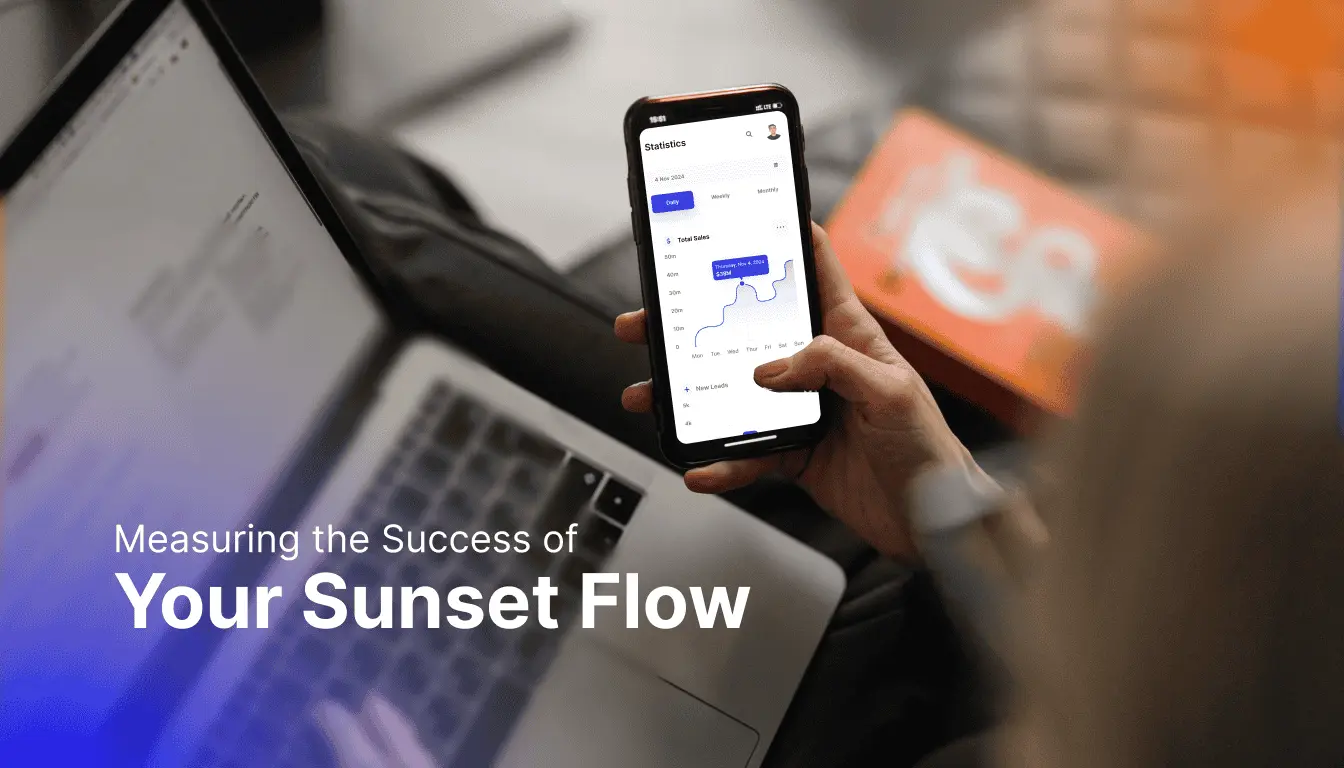
A sunset flow isn’t measured the same way as a sales flow. Its job is to improve engagement and protect deliverability, not drive revenue.
Here are the most important metrics to watch:
Open Rate
This is the clearest indicator that your sunset flow is working. Usually, your average open rate should increase after removing inactive contacts.
For instance, if your open rate before adding a sunset flow is 17%, then your open rate after adding sunset flow should be: 26%
This tells inbox providers that your audience is engaged, which improves inbox placement.
Click-Through Rate (CTR)
Your CTR should also increase because your emails are now reaching people who enjoy your content.
When you have high CTR, it signals to your email provider that your content is relevant and your list is healthy.
Spam Complaints
One of the biggest red flags for inbox providers is a high volume of spam complaints. A sunset flow reduces complaints by proactively removing uninterested people before they get annoyed.
And the simple logic is that if spam complaints go down, your reputation goes up.
Bounce Rate
Removing old or inactive emails also reduces hard bounces, especially for lists that haven’t been cleaned in a long time.
Hard bounces negatively affect your deliverability, so this is also an important metric to track.
Unsubscribe Rate
This is the one place where unsubscribes are a good thing. When someone unsubscribes inside your sunset flow:
- They clean themselves from your list
- You avoid a spam complaint
- You reduce your Klaviyo cost
Klaviyo pricing is based on the number of active contacts you have. So when you remove tens of thousands of inactive emails, you can reduce your monthly bill.
Sunset Flow Email Examples
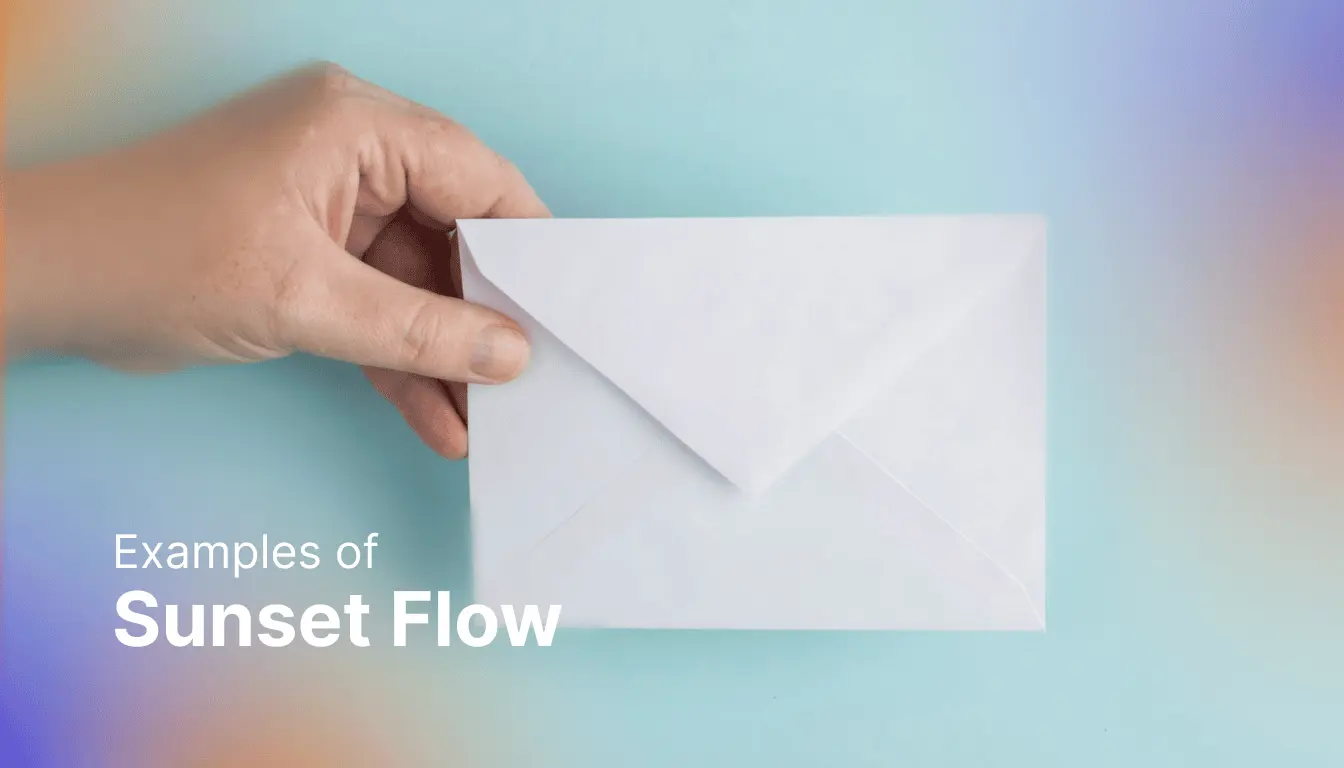
Below are simple, practical examples you can adapt for your brand. Each is deliberately short because cold subscribers respond best to concise messaging.
Email #1: Still Want Our Emails?
Subject: Still want to hear from us?
Hi [Name],
We noticed you haven’t opened our emails in a while. That’s completely okay. Before we update your subscription, we want to check in. If you’d like to keep receiving updates, just click below.
CTA: Keep Me Subscribed
If not, no action needed, we’ll take care of the rest.
Email #2: Here’s Something You May Have Missed
Subject: A quick update before we tidy up our list
You’ve missed a few of our latest emails, so here’s a small reminder of why people love staying subscribed:
✔ Exclusive offers
✔ Useful tips
✔ Product updates
✔ Early access to launches
If you’d still like to be part of our community, click below.
CTA: Yes, Keep Me On the List
Email #3: You’ll Be Unsubscribed Tomorrow
Subject: Last call to stay subscribed
This will be the last email you get from us unless you click the button below. We only want to send emails to people who find them helpful.
If you’d like to stay, simply tap the button.
CTA: Keep My Subscription Active
If not, no worries, we’ll remove you automatically.
Wrapping Up
A sunset flow in Klaviyo is one of the simplest and most effective ways to protect your email deliverability and ensure your list remains active and healthy. By removing inactive subscribers, you make room for those who want to hear from you. And you get stronger KPIs, better inbox placement, and more reliable performance across your entire email campaigns.
Always keep in mind that a good sunset flow doesn’t beg subscribers to stay. It respects the audience, automatically cleans your list, and positions your brand as thoughtful and professional. If you want more predictable results and stronger campaign performance, this is one of the highest-ROI flows you can set up.
FAQs
- What is the difference between a Klaviyo campaign and a flow?
A campaign is a one-time email you send manually to your list, such as a sale or announcement. A flow is an automated sequence triggered by behavior, such as purchases, sign-ups, or inactivity.
- Can sunset flows help improve email deliverability?
Yes. This is their primary purpose. By removing inactive profiles, you improve your engagement rates, which directly improves your inbox placement.
- What is the difference between a sunset flow and a winback flow?
A winback flow targets past customers who haven’t purchased in a while but are still active email engagers. A sunset flow targets subscribers who haven’t opened or clicked any email for months.
- Can you schedule flows in Klaviyo?
Flows run automatically based on their triggers, but you can control their timing using delays. Campaigns (not flows) can be scheduled to send at specific dates and times.
- How many emails should be included in a Klaviyo sunset flow?
2–3 emails are ideal. More than three feels pushy. Less than two doesn’t give people enough time to re-engage.

.webp)




.svg)
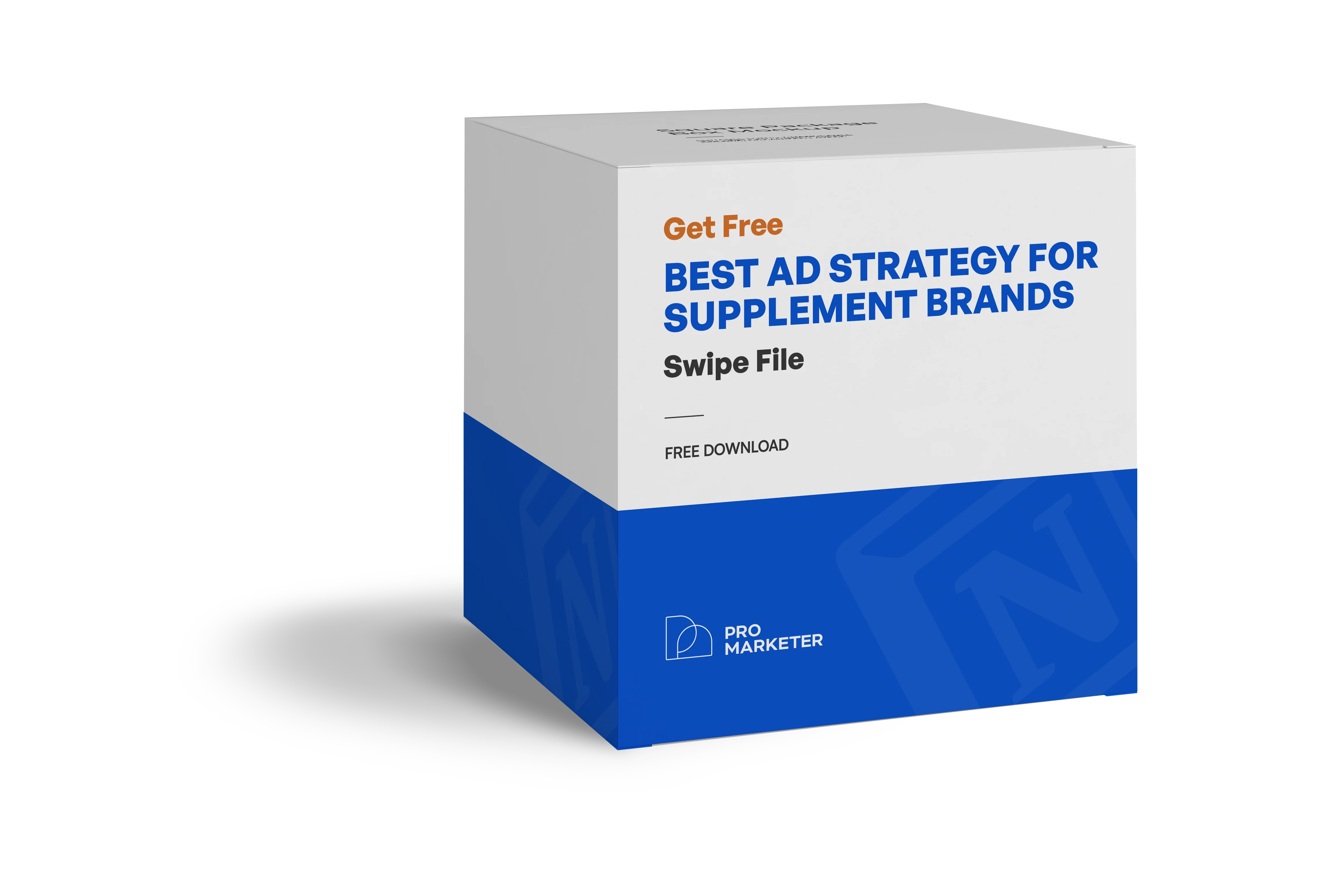
.avif)


.svg)

